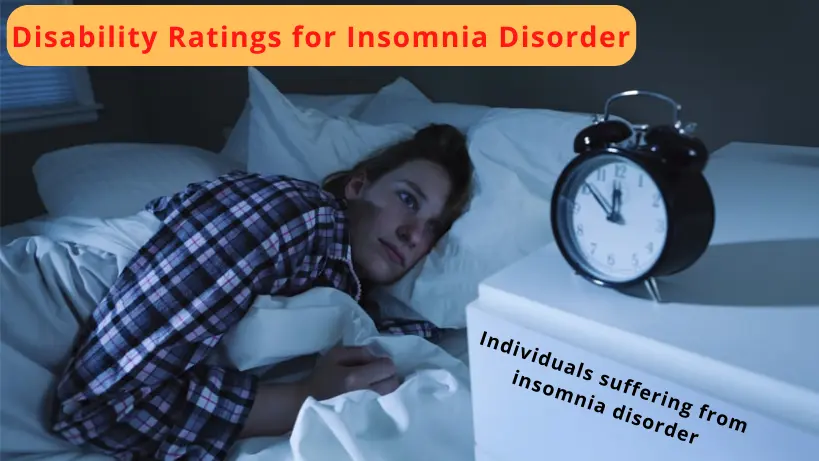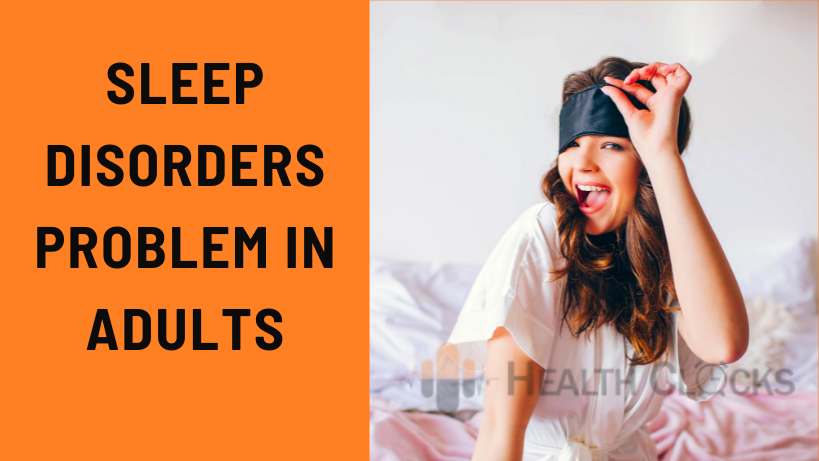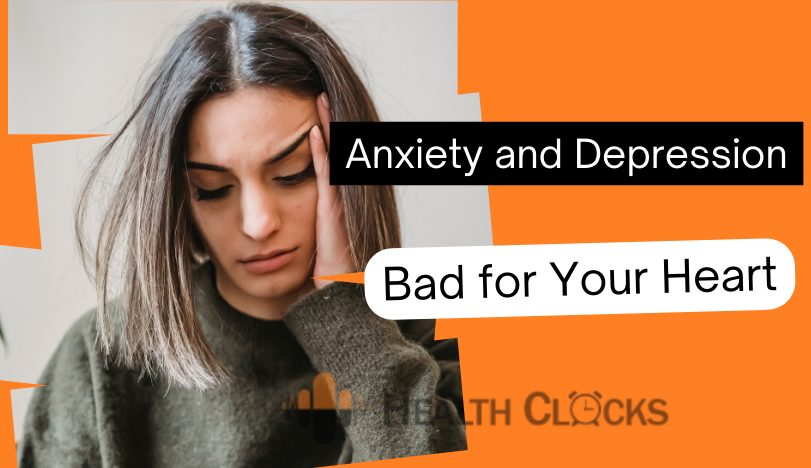Insomnia Disorder Symptoms Causes and Treatment
Insomnia Disorder in Details
Insomnia is a common sleep disorder that could make it difficult to fall asleep, difficult to stay asleep, or cause you to wake up too early and be unable to sleep again. It is possible that you will still be tired when you wake up. Insomnia can deplete not only your energy and mood but also your health, job performance, and overall quality of life.
The portion of sleep required varies from person to person, but most adults require seven to eight hours of sleep per night. Many adults experience short-term (acute) Insomnia at some point, which can last for days or weeks. It is usually caused by stress or a traumatic occurrence. However, some individuals suffer from long-term (chronic) Insomnia that lasts a month or more.
Types of Insomnia
Insomnia can be classified into two types:
Acute Insomnia – lasts for a short period, usually less than a month.
Chronic Insomnia – It is more complex than acute Insomnia and occurs several times per week for at least one month or longer.
Disability Ratings for Insomnia Disorder
Disability is currently being evaluated by analogy with mental health disorders. The Board states that the diagnostic code for mental health disorders is closest to veteran insomnia. This means that Insomnia can be assessed as a mental disorder in the range of 0% to 100% disability assessment under the Mental Disability Assessment Scheme.
A 0% rating may not be sufficient to qualify for benefits, but it usually means that Insomnia does not severely impact veterans’ lives. The higher the score will get, the more impaired the life of a veteran and the more affected by Insomnia in this method.
Individuals suffering from insomnia disorder
Children and teenagers: Children and teenagers also have Insomnia. However, some children and teenagers have difficulty falling asleep or resist a regular bedtime. They want to sleep later at night and wake up early.
Women: Hormonal changes during the menstrual cycle and menopause may be involved. Night sweats and hot flashes are common during menopause. Pregnancy is also associated with Insomnia.
Old Age: Insomnia worsens due to changes in sleep patterns and health.
People who suffer from a mental or physical health disorder: Many issues that affect your mental or physical health can cause Insomnia.
People under incredible pressure: Stressful situations and events can result in temporary Insomnia. Chronic Insomnia can also be caused by severe or long-term stress.
People who don’t keep a consistent schedule: Changing shifts at work, for example, or traveling can disrupt your sleep-wake cycle leading to Insomnia disorder.
Among the symptoms of Insomnia are:
- Having trouble falling asleep at night
- waking up in the middle of the night
- Overnight waking
- Not feeling rested after a good night’s sleep
- Tiredness or sleepiness during the day
- Anger, depression, or anxiety
- Difficulties paying attention, concentrating, or remembering Errors or accidents have increased.
- Sleep concerns persist
Treatment of Insomnia disorder
- Many people can get back to sleep by changing their sleeping habits and addressing any issues causing their Insomnia, such as stress, medical conditions, or medications. If these measures do not improve relaxation and sleep, your doctor may recommend cognitive behavioral therapy, medications, or both.
- Insomnia cognitive behavioral therapy for Insomnia (CBT-I) could help you control or eliminate negative thoughts and behaviors that keep you awake. CBT-I is generally recommended as the first line of treatment for people who have Insomnia. CBT-I is typically as effective as or more effective than sleep medications.
- The cognitive component of CBT-I teaches you to identify and change beliefs that interfere with your ability to sleep. It can assist you in controlling or eliminating negative thoughts and worries that keep you awake at night.
- It may also entail breaking the cycle of worrying so much about getting to sleep that you can’t fall asleep. CBT-behavioral component assists you in developing good sleep habits and avoiding behaviors that prevent you from sleeping well. Examples of strategies include:
Stimulus management therapy: This method assists in the removal of factors that condition your mind to resist sleep. For example, you may be advised to establish a consistent bedtime and wake time, avoid naps, use the bed solely for sleep, and leave the bedroom.
Sleep deprivation: This therapy reduces your time in bed and daytime naps, resulting in partial sleep deprivation and increased fatigue the next night.
Staying awake passively: This therapy for learned Insomnia, also known as paradoxical intention, aims to reduce worry and anxiety about being able to sleep by getting into bed and attempting to stay awake rather than expecting to fall asleep.
Therapy with light: If you fall asleep and wake up too early, you can use light to reset your internal clock. You can go outside during the seasons when it is light outside in the evenings, or you can use a lamp.
Insomnia vs. sleep disorder
Insomnia is the inability to fall asleep and stay asleep at night, despite the correct sleep state. Hormonal imbalances, stress, anxiety, and menopause can all lead to Insomnia. On the physical side, the main causes are:
- Nicotine use
- An overdose of caffeine and alcohol
- Certain over-the-counter medications.
On the other hand, sleep disorder is the repeated awakening of sleep due to a lack of oxygen in the brain. In the case of sleep disorder, the cause is solely physical. In obstructive sleep disorder, part of the soft palate collapses during sleep, blocking the airflow. This causes your brain to signal to your body to wake you up.
Insomnia Treatment in 12 Minutes
Mindfulness Meditation
The ability to focus on an object is called mindfulness. Observe your breathing, sensations, and feelings as they arise and pass through the process. Concentrating on your breath relaxes your mind and body while increasing your awareness of your surroundings.
Meditation reduces stress, improves focus, and boosts immune function. Even if you don’t have time for a long session, even 15 to 20 minutes of mindfulness can benefit your body.
Yoga
Make it a habit to perform Yoga a few longer sessions per week, with at least 20 minutes of daily self-practice administration. Performing specific postures and stances before bed can help you relax your mind and sleep better. Changing poses that work best for our body type can help you avoid intense development and injuries while increasing your comfort.
Massage Treatment
This works for almost everyone, regardless of gender, age, or other factors. According to a 2015 study, massage therapy benefits individuals with Insomnia by improving sleep quality and decreasing abnormal bodily functions. An individual’s pain, uneasiness, and misery can be reduced using this method.
Using oil for massage is beneficial because it helps relax muscles and relieve stiffness. Before performing a massage, consult a specialist if you have bone or muscle pain. It is also necessary to ensure that the skin is free of allergies or sensitivities to oil or creams.
Cause of Insomnia in females
Chronic Insomnia in females is usually the result of stress, life events, or sleep-disturbing habits. Common causes of chronic Insomnia in females are: Stress Work, school, health, economy, or family stress could keep your mind active at night and make it difficult to fall asleep.
Bad sleep habits
Bad sleep habits include irregular bedtime, naps, stimulating activities before bedtime, an unpleasant sleeping environment, and using your bed to work, eat, or watch TV.
Overeat in the evening
Light meals before bedtime are fine, but overeating can cause physical discomfort while lying down. Many people also suffer from heartburn, acid, and food reflux from the stomach to the esophagus, which can keep you awake.
Conclusion
Insomnia is more than just a nuisance or minor inconvenience. It is a sleep disorder that can impact both physical and mental health. If you suspect you have Insomnia, make an appointment with a healthcare professional as soon as possible. They could assist you in investigating potential causes and determining the best insomnia treatment for your specific needs.



